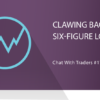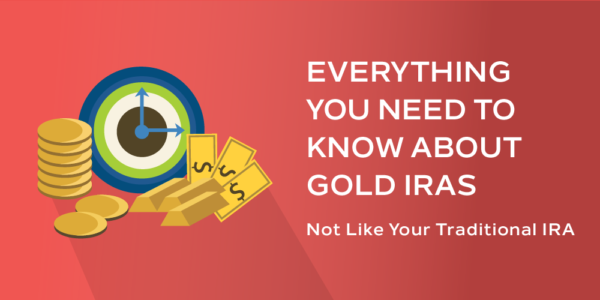
A closed-end fund (CEF) is a fund whose shares can be bought and sold at any time during market hours.
They differ from open-ended mutual funds in that they have a limited number of shares outstanding and generally do not accept new money after the initial public offering. – Investopedia
That means the Net Asset Value (NAV) of the fund, calculated by dividing the value of the fund’s holdings by the number of shares outstanding, could be the same, greater than or less than the current share price of the fund in the market. For example, if a closed-end fund’s assets are worth $10 per share but it is trading at $8.50 per share, you could buy the fund at a 15% discount to its net asset value.
This shortcut cover what an investor may experience if he or she purchase shares of a CEF at a discount to the fund’s NAV – for example buying $1.00 of assets (NAV) for $0.80.
Concerns investors in CEFs have about buying shares at a discount generally cover two questions:
- When I am ready to sell, will the discount be even larger?
- Does the discount signal that the dividend may be cut?
The AAII says: “Of course, picking funds solely on the basis of the deepest discounts can lead you to some losers. A closed-end fund also must be analyzed as a mutual fund, considering factors such as its management, performance, volatility, and expenses” It is very important to be aware of a fund’s discount or premium, as well as its historical averages. They can vary substantially over time and really impact your total return.
As for the dividend, you should be aware of a fund’s distribution during good and bad markets, how much of the income generated by the assets in the fund is paid out and if the fund has ever paid investors capital from the fund in order to maintain a specific dividend distribution.
Potential Benefits of Buying a CEF at a Discount to NAV
First, and easiest to understand is that if the discount gap closes, you would enjoy some extra capital appreciation on top of the fund’s basic return (There is no guarantee that the discount will narrow).
Second, and a bit more complex, are the benefits to the investor in terms of dollar-cost-averaging and growth of income.
The advantage (of buying a CEF at a discount to NAV) can continue to reward investors for many years. Fund A is a mutual fund and Fund B is a closed-end fund selling at a 20% discount to NAV ($8 per share). The study started with a $10,000 investment in each fund and assumed that both funds return identical performance over 20 years:
- The income dividends (3%) are taken in cash and the capital gains (7%) are reinvested into new shares. (Taxes are ignored in this example as if the investments are held in retirement plans.)
- The annual income yield of Fund A, the mutual fund, gradually increases to 10.8% of the original investment over 20 years. The total income generated over 20 years is $12,299.
- The annual income yield of Fund B, the closed-end fund, gradually increases to 13.6% of the original investment over 20 years. The total income generated over 20 years is $15,373.
Notice that if an investor sells both funds at the end of 20 years, and the closed-end fund is still at a 20% discount, the investor will realize the same principal in each case. However, over time the investor pockets more than $3,000 of additional current income from the closed-end fund, thanks to the discount. This is close to 25% more!
With the potential double benefits of additional capital gains from narrowing and income over time, closed-end funds trading at a discount to NAV are definitely worth a look.
But do your research and always remember that only you can decide if the additional potential benefits outweigh the potential risks.










